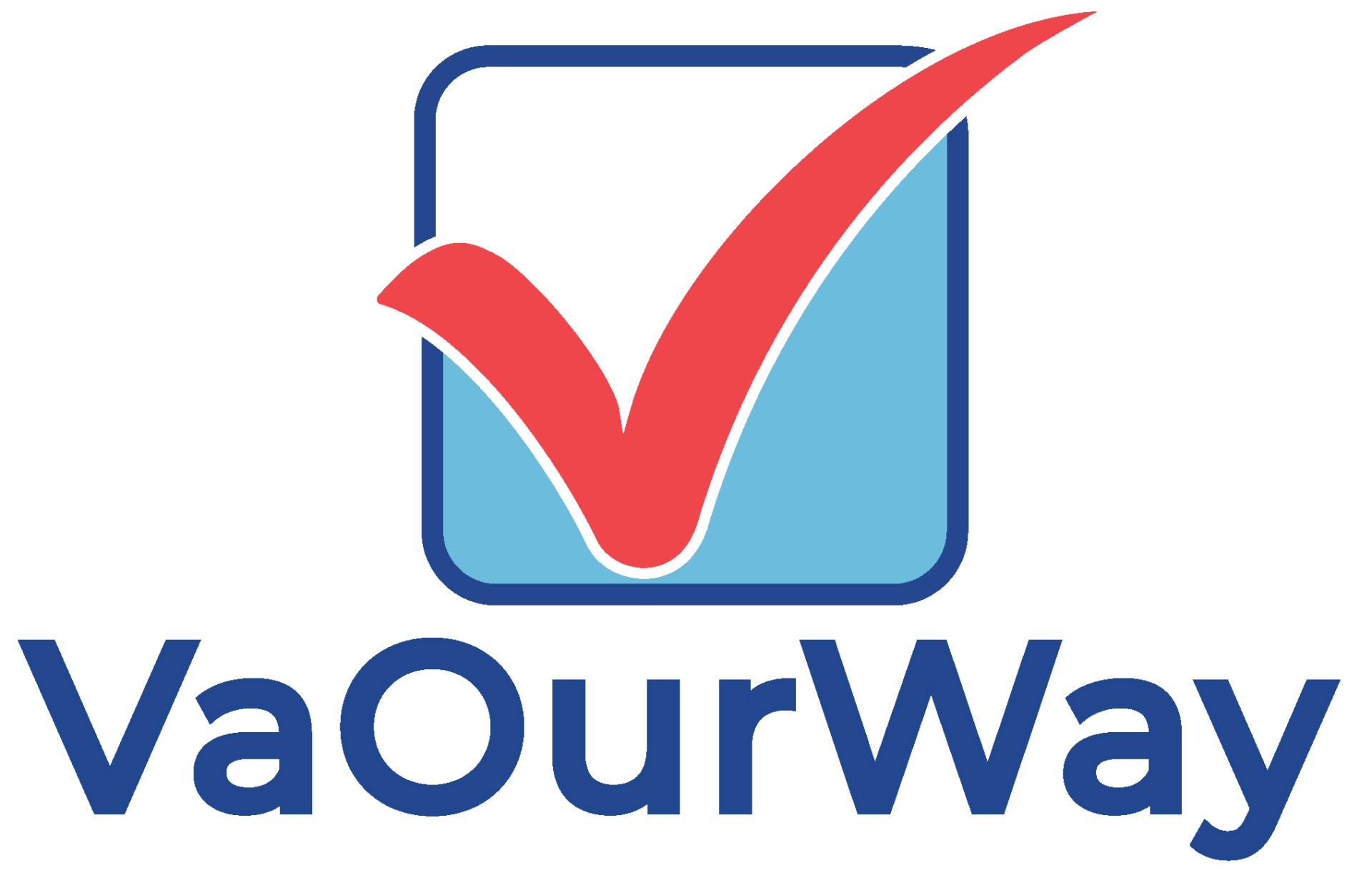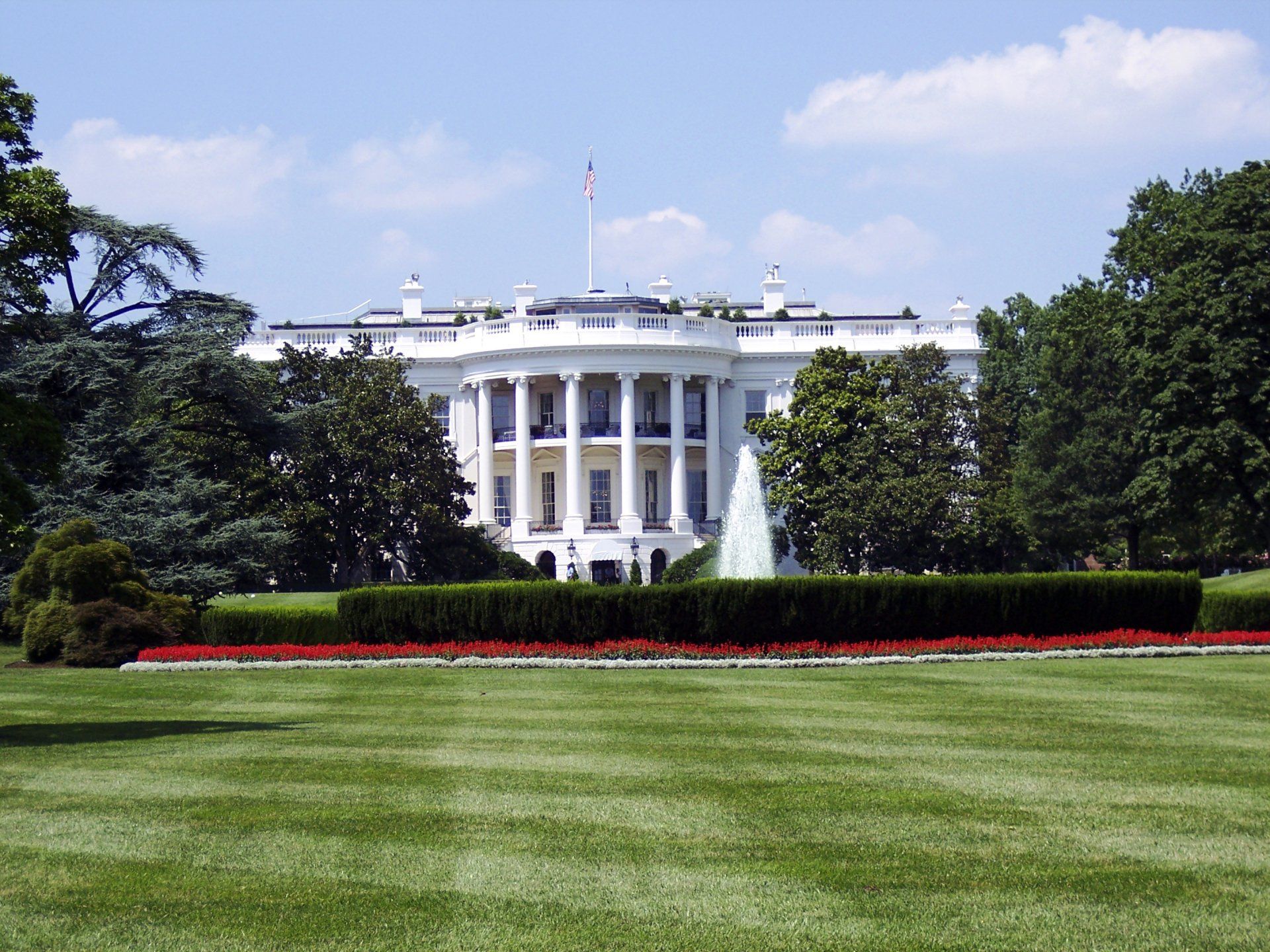Disclosure is hardly effective in promoting transparency and accountability.
Government is most effective when officeholders have a clear understanding of the needs and desires of constituents. Unfortunately, not everyone has the time to hang out around legislators each day discussing how to best promote the general welfare. That’s where lobbyists come in. Put simply, lobbyists are those who work on behalf of stakeholders — whether they be civic organizations, constituents, or corporations — to advocate for specific policies.
Lobbyists sometimes get a bad reputation. Special interests spending millions on lobbyists who push for policies that benefit only a few isn’t necessarily a good look. But it’s important to remember that technically anyone can employ a lobbyist to push for a policy on their behalf and many non-profits, civic organizations, and private citizens do. In fact, the First Amendment protection of the right to petition essentially enshrines lobbying as an American institution.
Lobbying isn’t going away. Here in Virginia, over 1,000 clients hired 2,463 lobbyists between 2020 and 2021. But just because lobbying is here to stay doesn’t mean that it can’t be improved. While anyone being paid over $500 a year to lobby is required to register with the Secretary of the Commonwealth in Virginia, annual disclosure forms intended to shine a light on how much lobbyists earn and what they advocate for are hardly effective in promoting transparency and accountability.
Take meal and entertainment disclosures, for example. It’s common for lobbyists to take legislators out for dinner for a chance to talk policy. Disclosure guidelines, which are provided by the Virginia Ethics Council, don’t require lobbyists to itemize meals or entertainment or name legislators unless more than $50 is spent. This may seem like a small amount, but Virginia law allows lobbyists to split costs several ways. So if two lobbyists take a legislator out to a dinner costing $75, the bill can be split three ways, with everyone paying $25. And just like that, a meal between lobbyists and legislators can occur without the legislator's name ever being disclosed.
This loophole is frequently employed. Lobbyists held over 100 dinners for legislators during the 2020 General Assembly session. But in disclosures, only 11 legislators were listed by name as having dined with lobbyists. This keeps Virginians in the dark as to who is influencing who in Richmond.
Lobbying disclosure law in Virginia also obscures how much lobbyists are paid by the groups they represent. A lobbyist employed full time by a company is only required to disclose “the portion of [their] salary attributable to [their] lobbying activities.” This means that a lobbyist can spend weeks at the General Assembly, but only have to disclose the money made for time spent directly interfacing with lawmakers.
A recent story in the news illustrates this loophole. Dominion Energy hired a former state senator to lobby legislators on their behalf in 2020. The former senator received $92,297 in payments from Dominion for his lobbying efforts, but was able to get away with reporting only $1,641 on disclosure forms.
Lobbying will continue to shape the future of the Commonwealth. But until stricter lobbying disclosure laws are in place, Virginians will be left in the dark as to who is paying who for influence.





